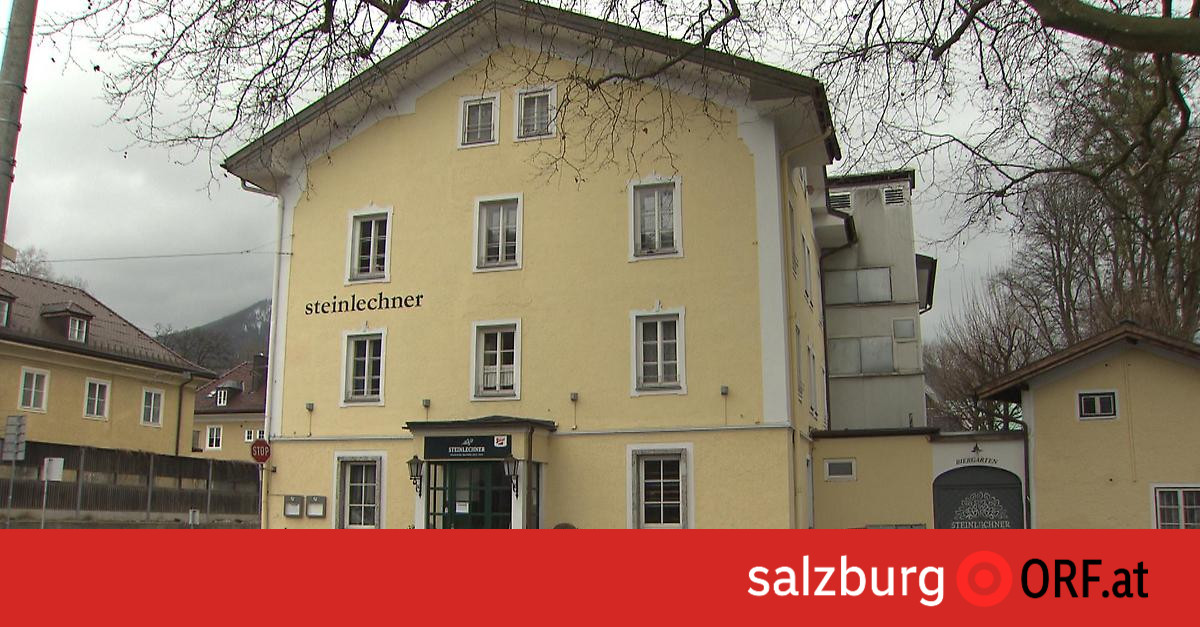Recognizing talent, promoting it and taking it to the next level
© WKS/NeumayrFH Prof. dr Dominik Engel, the designated managing director of the Salzburg University of Applied Sciences.
How would you describe the current position of the FH?
die FH has grown successfully in recent years and has become an important location factor, also beyond the region. The organizational structures could not grow as quickly. This now makes it necessary to adapt the structures. The nice thing is that this reform was set in motion as a result of a very successful development. After this reform, we are in an even better position and can set even clearer accents as a university of applied sciences that trains key employees in many future areas in the region. In addition, the framework conditions are not getting any easier: there are low birth rates, there is a certain degree of uncertainty among young people due to the pandemic, and there are more educational opportunities – when we can position ourselves even better.
What is the goal for the next few years?
The FH is to have a considerable reputation in all disciplines of the six new departments. This can be different depending on the area. In some areas we will continue to be very strong in research, in others we will be closer to professional training – but always with an excellent reputation. It is important to me that we increasingly focus on interdisciplinarity, a very big opportunity, because the big questions arise at the interfaces. For example, when it comes to artificial intelligence and sustainability, or digitization in health. A new commitment to internationalization is also needed. We will deliver significantly more English language content. We should also become even more attractive to international speakers. And more of our students should be able to go to guest universities, and vice versa. We want an inspiring climate of an international teaching and research culture. And last but not least, we will advance the quality of teaching in all areas. The universities of applied sciences have set out to offer specialist training at an academic level, but with a strong practical orientation. That is the secret of the success of the FH sector. That’s what the students want and that’s what Salzburg needs as a business and work location.
They want to recruit more talent for the FH, including those who do not come from the academic or school sector, keyword “social permeability”. How can you imagine that?
This is a very important point. We will become more attractive for young people who do not come from academic households, who may need more support in order to be able to study with us. Here we will cooperate closely with the WIFI or the BFI. But we also want to put on another program in-house.
It’s about recognizing and promoting talent and then taking it to the next level.
The FH is strong in research. What can be expected from the Salzburg University of Applied Sciences?
I see a large and important focus in the question of digitization and sustainability, in wood and raw material technology, but also in the health sector. We have set up the first comprehensive research projects for health and AI applications. With two active Ressel centers, we cover the area of digitization and security applications, for example in industrial automation and energy technology. Very important: As a university of applied sciences, we must maintain our orientation as an application-oriented research institution! The questions come from the companies, these are questions from practice. We are special who can answer this application questions basics. This is the great research strength of the Salzburg University of Applied Sciences!
biography
FH Prof. dr Dominik Engel, born January 20, 1978 in Innsbruck, has had a remarkable academic education and career. The habilitated computer scientist can refer to studies in the field of technical sciences, English and American studies and computer science, which he completed with distinction. Before he came to the Salzburg University of Applied Sciences in 2010, he worked as a research assistant at the Universities of Salzburg and Bremen and expanded software for Bank Austria and for the US software company Windriver. From 2008 to 2010 Dominik Engel was International Product Manager for Content Security at Sony DADC Austria. In 2010 he joined the Salzburg University of Applied Sciences as a full-time employee in teaching and research on the “Information Technology & System Management” course, where he was appointed professor at the University of Applied Sciences in 2011. Engel finally chose the future of energy networks as his research focus, first as head of the Josef Ressel Center for “User-Oriented Smart Grid Privacy, Security and Control” and finally as head of the Center for Secure Energy Informatics since January 2018. Dominik Engel is married and father two children.




